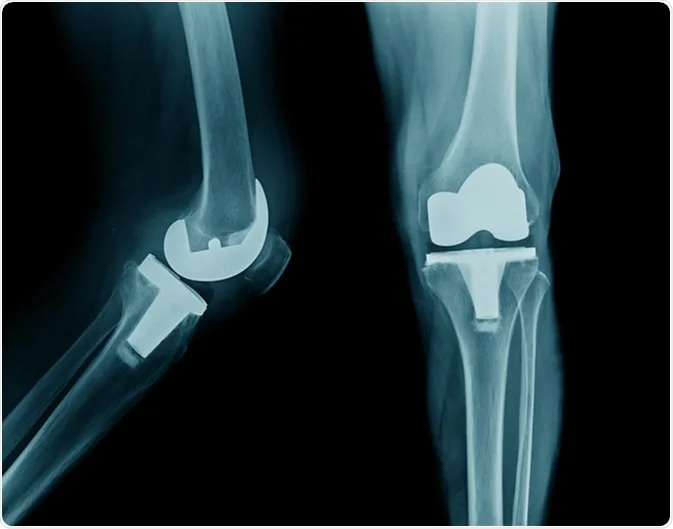Following knee replacement surgery, several measures are implemented to minimize the risk of infection. Infection prevention is crucial as it can significantly impact the success of the surgery and the patient’s recovery.
Here are some key measures taken:
- Antibiotic Prophylaxis: Patients typically receive antibiotics before, during, and after knee replacement surgery to prevent bacterial infections. This prophylactic treatment is tailored based on the patient’s medical history and potential for allergic reactions.
- Sterile Environment: The operating room is maintained under strict sterile conditions. This includes sterilizing surgical instruments, using sterile drapes, and ensuring all personnel wear sterile gloves and gowns.
- Preoperative Screening: Patients undergo preoperative screening to identify any existing infections. If an infection is detected, surgery may be postponed until the infection is treated and cleared.
- Skin Preparation: The surgical site is prepared by cleansing the skin with antiseptic solutions to reduce the presence of bacteria on the skin’s surface.
- Proper Wound Care: Postoperatively, wound care protocols are followed meticulously. This includes dressing changes and monitoring for signs of infection such as increased redness, swelling, warmth, or discharge from the wound.
- Patient Education: Patients are educated about signs of infection and instructed on how to care for their incision site. This empowers patients to recognize potential issues early and seek prompt medical attention if needed.
- Environmental Control: Hospitals maintain strict environmental controls to minimize the spread of infections. This includes proper ventilation systems, cleaning protocols, and isolation measures when necessary.
- Advanced Surgical Techniques: Surgeons may utilize advanced techniques such as minimally invasive surgery, which can reduce tissue trauma and minimize the risk of infection compared to traditional open surgery.
- Postoperative Monitoring: Patients are closely monitored postoperatively for signs of infection or complications. This allows for early intervention if any issues arise.
- Multidisciplinary Approach: Infection prevention involves a multidisciplinary team including surgeons, nurses, infectious disease specialists, and microbiologists who work together to optimize patient care and outcomes.
By implementing these measures, healthcare providers aim to significantly reduce the risk of infections following knee replacement surgery, promoting faster recovery and better long-term outcomes for patients.






Comments